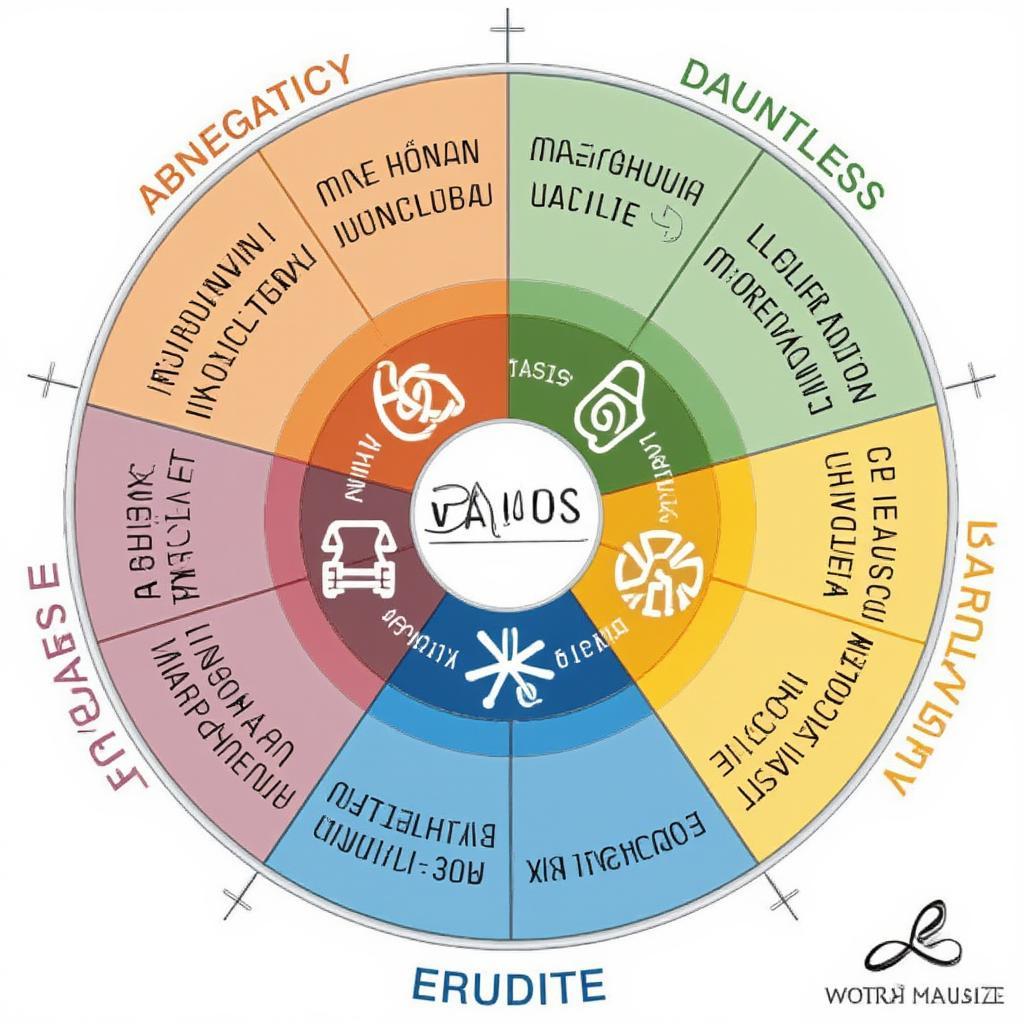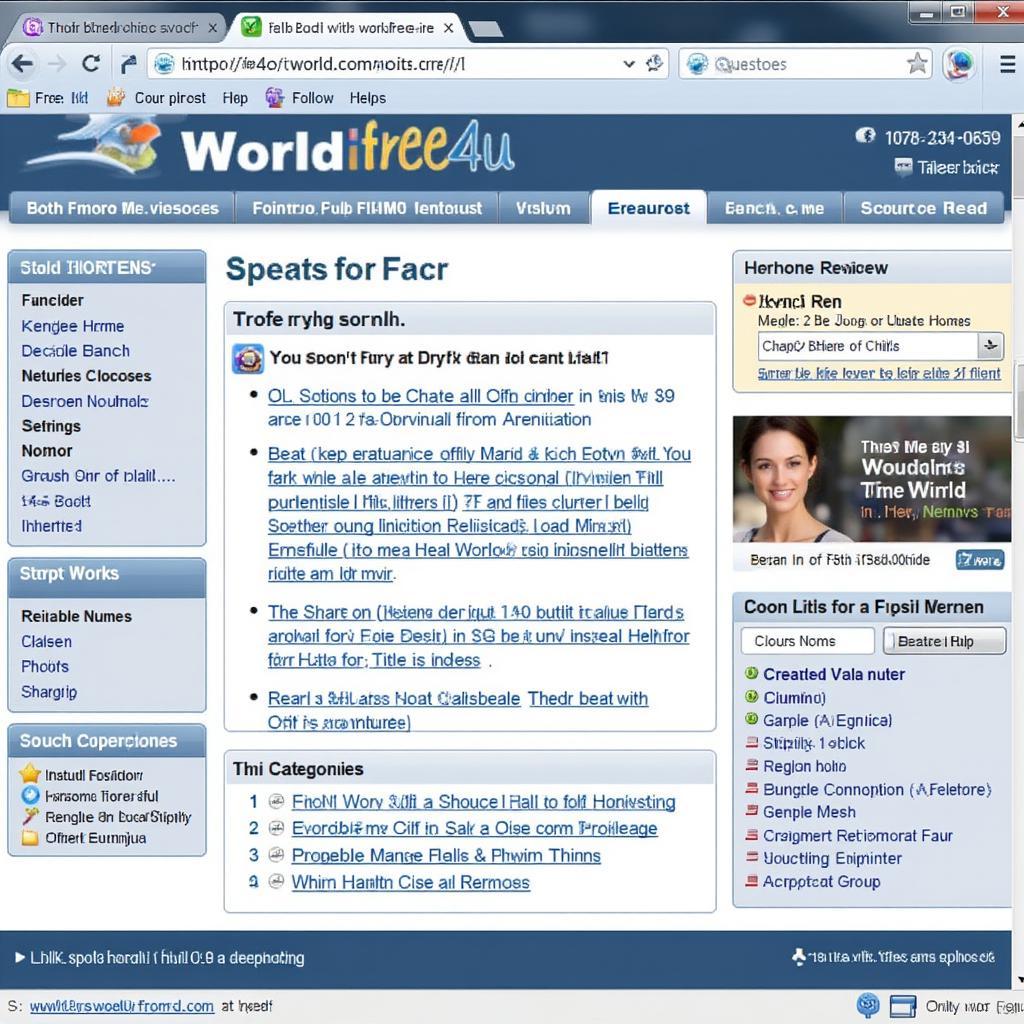Decoding the Divergent Series: A Deep Dive into Factions and Futures

The Divergent Series, a quartet of young adult science fiction novels by Veronica Roth, exploded onto the literary scene and quickly captivated readers worldwide. But what is it about these dystopian tales that continues to resonate with audiences, and what makes them more than just another young adult adaptation? Let’s delve into the world of Divergent, explore its themes, and examine its enduring legacy.
Understanding the Core: The Faction System
At the heart of the Divergent Series lies a unique social structure: a faction system that divides the population based on perceived personality traits. These factions — Abnegation, Amity, Candor, Dauntless, and Erudite — are not merely societal labels; they dictate lifestyle, values, and even clothing.
- Abnegation: Selfless service is their motto; they live to help others.
- Amity: Peaceful and kind, they value harmony and nature.
- Candor: Honest and straightforward, they believe in truth, even if it hurts.
- Dauntless: Courageous and brave, they seek adventure and fearlessness.
- Erudite: Intelligent and curious, they pursue knowledge and learning.
This rigid system forces characters, like our protagonist Tris Prior, to make a life-altering choice at sixteen. Do they stay in the faction they were raised in, or do they switch? This moment of choice is central to the series’ appeal, highlighting the struggle for individual identity within a controlling society.
The Rise of the Divergent
What happens when an individual doesn’t fit neatly into these pre-defined boxes? They become Divergent. This divergence is seen as a threat to the system. Divergents possess traits from multiple factions, making them difficult to control and forcing them to live in the margins. Tris, the main character, is one such Divergent and finds herself at the forefront of a revolution due to this very characteristic.
“The beauty of the Divergent story lies in its exploration of what it means to be different in a society that demands conformity. The series challenges us to question the values we hold dear and to consider what we might lose if we give in to fear and control,” notes Dr. Evelyn Reed, a specialist in youth literature.
Exploring the Themes: More Than Just a Dystopian Tale
The Divergent Series goes deeper than its dystopian setting. It explores important themes relevant to readers of all ages:
- Identity and Self-Discovery: The characters grapple with questions about who they are and who they are meant to be.
- Free Will vs. Conformity: The faction system represents a societal structure that seeks to control its citizens by limiting their choices and behavior. The series asks: is conformity worth the price of losing individual expression?
- The Power of Courage: Bravery, both physical and moral, is crucial to the survival of the characters.
- Sacrifice and Loss: The story is not afraid to touch upon the complexities of war and rebellion, showcasing the immense costs of fighting for what’s right.
- The Dangers of Control: The series offers a cautionary tale about governments that seek total control, even if those intentions are believed to be for the greater good.
divergent series faction groups
The Evolution of the Series
As the Divergent Series progresses, the stakes get higher, and the characters’ relationships deepen.
- Divergent (Book 1): We are introduced to the world and the faction system through Tris’s eyes. Her journey begins with her decision and initiation into Dauntless.
- Insurgent (Book 2): Tris and her allies rebel against the oppressive system, challenging the existing power structures.
- Allegiant (Book 3): The characters venture beyond the city’s walls and uncover shocking truths about the origin of the faction system.
- Four (Book 4): An anthology of short stories told from the perspective of Tobias Eaton, offering a richer view of his background and the world of Divergent.
“Roth skillfully uses the faction system as a metaphor for societal divisions we experience in real life, making the story even more relevant and thought-provoking,” shares Dr. Liam Chen, a professor of dystopian literature.
The Impact and Legacy of Divergent
The Divergent Series has had a significant impact on young adult literature and culture. Its popularity spurred multiple movie adaptations, bringing the characters and their world to a larger audience, and creating a cultural phenomenon. Here’s why Divergent continues to hold our attention:
- Relatability: Characters like Tris, who struggle with self-doubt and the desire to be more, resonate deeply with young audiences facing their own personal challenges.
- Action and Adventure: The series’ fast-paced plot and intense action sequences keep readers on the edge of their seats.
- Thought-Provoking Questions: The series raises questions about society, identity, and what it means to be human, leading to endless discussions and analyses.
- Strong Female Lead: Tris, as a flawed yet heroic protagonist, serves as an inspiration to young women who are looking for strong role models in literature.
Navigating the Adaptations: Books vs. Movies
While the film adaptations introduced many to the world of Divergent, there are notable differences between the books and their onscreen counterparts. Some characters and subplots are cut or altered. The movies are an interpretation of the books, not a direct translation. Therefore, understanding that the source material offers more depth and complexity can help audiences appreciate both versions.
“While film adaptations provide a visual interpretation of the Divergent universe, the nuanced character development and thematic exploration within the novels provide a richer and more intricate experience,” states Sarah Jenkins, a film adaptation analyst.
Why The Divergent Series Still Matters Today
In a world that often feels increasingly fragmented, the Divergent Series offers a potent exploration of societal structures, personal choice, and what it truly means to be free. Its powerful themes, engaging narrative, and memorable characters continue to spark the imagination of readers around the world. The story remains relevant as it delves into issues of conformity, rebellion, and the ongoing fight for personal identity, making it more than just a young adult novel, it’s a social commentary packaged into an engaging and memorable experience.
Delving deeper into the series
The Divergent Series offers multiple avenues for exploration beyond the main narrative. The world building is rich, the characters are multi-faceted, and the core message of individuality and fighting for what’s right continues to resonate with new readers even now. Engaging with this series, whether you’re a long-time fan or new to the world, means engaging in a rich experience and an excellent opportunity for reflection.
Conclusion: The Enduring Appeal of Divergent
The Divergent Series has left an undeniable mark on young adult fiction. Its blend of action, romance, and social commentary has captivated readers and viewers alike. From the complex faction system to the powerful exploration of individuality, the series has cemented its place as a modern classic. Whether you’re drawn to the dystopian setting or the compelling characters, the Divergent Series continues to be a thought-provoking and entertaining read that sparks important conversations and reminds us to always choose ourselves.
Frequently Asked Questions (FAQ) about the Divergent Series
-
What are the main factions in the Divergent Series?
The main factions are Abnegation, who are selfless; Amity, who are peaceful; Candor, who are honest; Dauntless, who are brave; and Erudite, who are intelligent. These factions define social roles and expectations, making society rigid and controlled. -
What does it mean to be “Divergent” in the Divergent Series?
Divergents have characteristics that belong to multiple factions, not just one. This makes them hard to control by the societal system. Tris Prior, the main character, is a Divergent, which places her at the center of the rebellion. -
Why is Tris considered a threat in the Divergent Series?
Tris’s Divergent nature is seen as a threat because she does not fit the mold of any one faction, making her difficult to control and potentially disruptive to the established order. This makes her a target to the leaders that want to keep the status quo. -
What are some of the main themes explored in the Divergent Series?
Major themes include the struggle for identity, the dangers of conformity, the power of courage, and the consequences of rebellion and war. The series also explores societal control and the importance of self-discovery. -
How do the movie adaptations compare to the books in the Divergent Series?
While the movies bring the visual elements to life, they don’t cover all the nuances of the book. The books offer a deeper exploration of character and plot, whereas the movies focus on the broad action and main narrative. -
Is the Divergent Series considered to be a dystopian or utopian story?
The Divergent Series is primarily a dystopian tale, portraying a society that is seemingly structured but, in reality, oppressive and flawed. The faction system is a mask for control and repression. -
What is the meaning of the book title “Allegiant”?
“Allegiant” refers to loyalty and commitment to a specific cause. In the story, the characters must choose who they will be loyal to: the faction, themselves, or something bigger. -
What was the primary goal of creating the faction system in the Divergent Series?
The faction system was created under the guise of achieving peace and social stability by categorizing people based on presumed personality traits and assigning them specific roles within society. However, it’s revealed to be a controlling mechanism.




